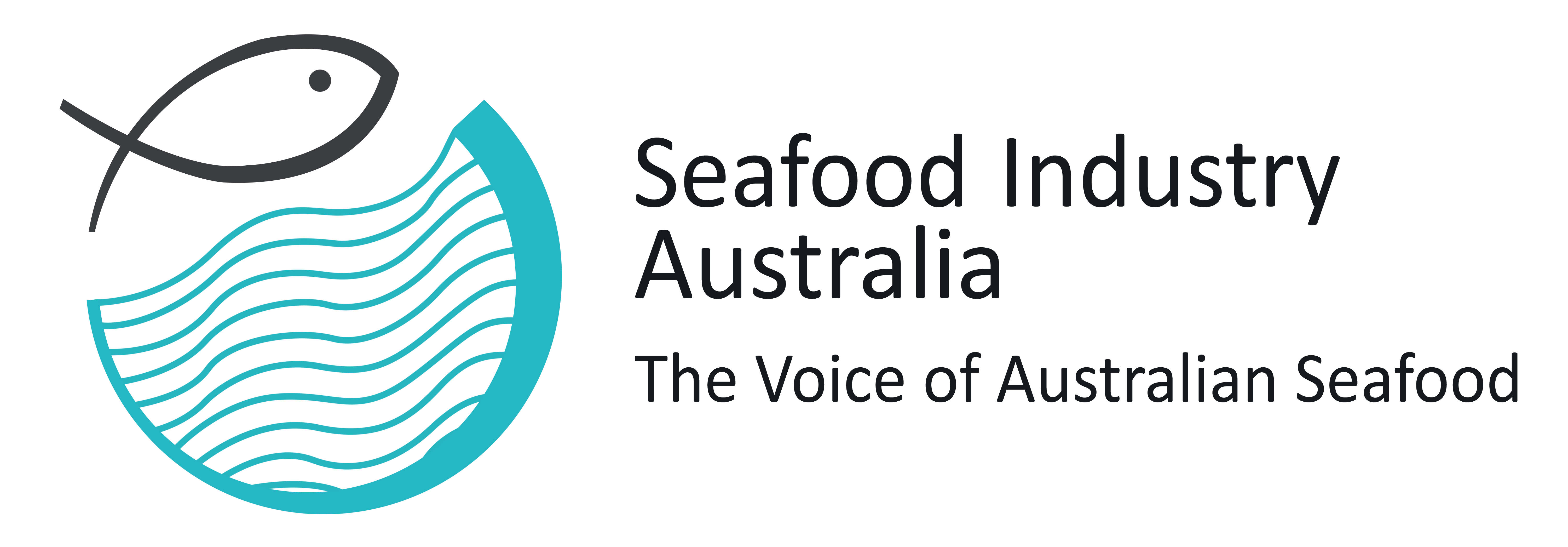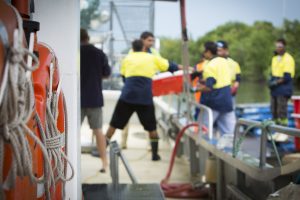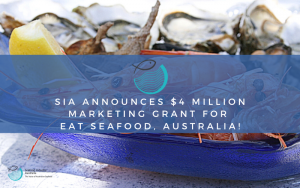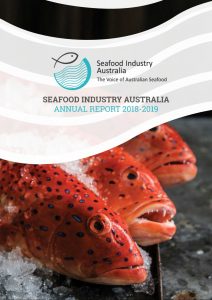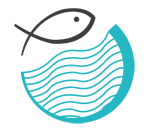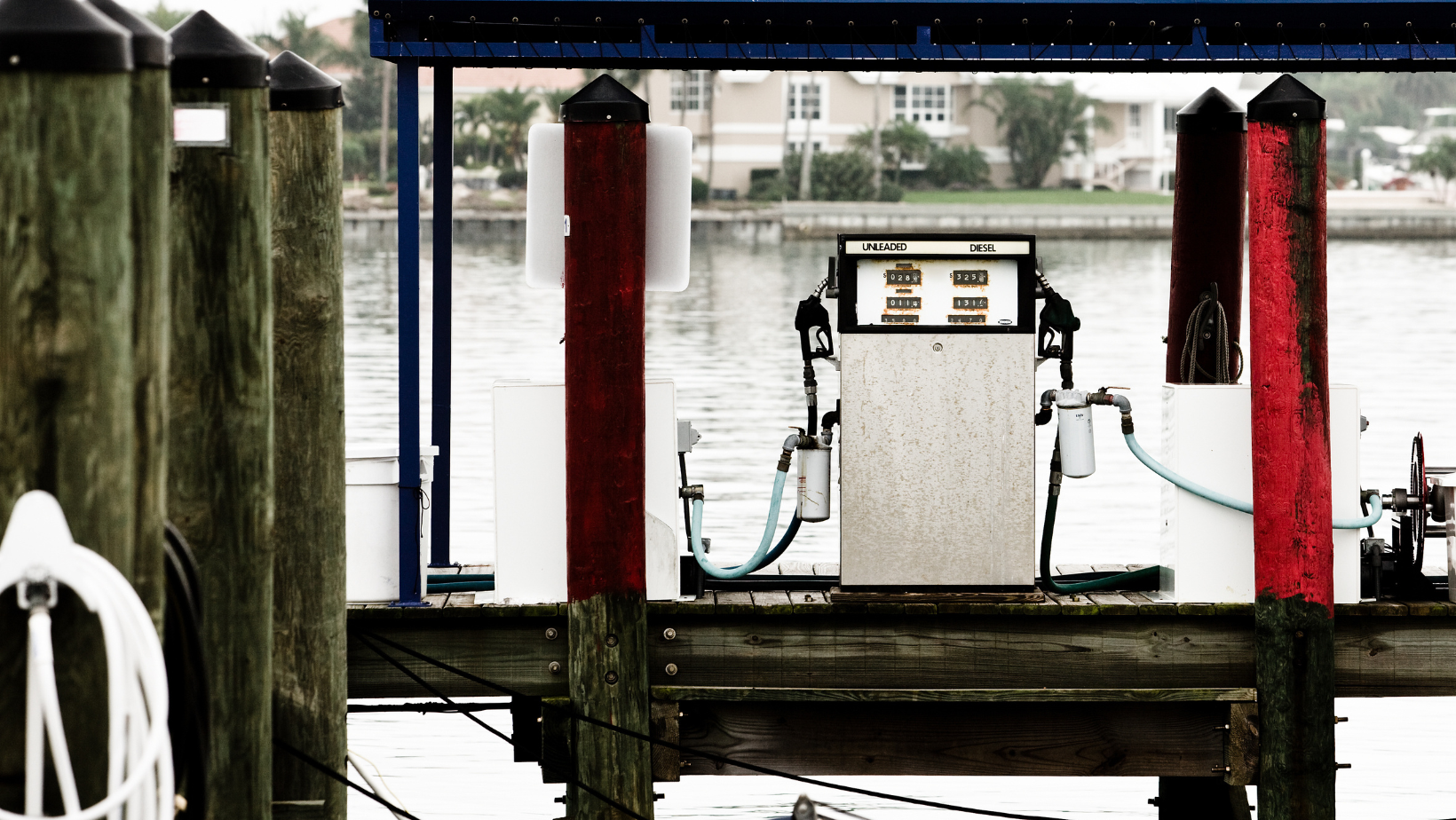
Fishing for alternative fuels: Seafood Industry Australia launches research project
By Catherine Norwood for FRDC.
As escalating diesel prices see a growing number of boats tied up at ports all around the world, Seafood Industry Australia’s (SIA’s) current research into alternative fuels is tackling this increasingly urgent issue for our wild-catch seafood and aquaculture vessel fleets.
The ‘Climate Resilient Wild Catch Fisheries’ project is funded by FRDC, with Austral Fisheries, Blue-X and Sunshot Industries as research partners, and Tom Cosentino as Project Manager.
The initial impetus for the project was addressing growing consumer expectations about industry action to mitigate climate change. But with diesel prices reaching $2.50 a litre in July 2022 there is now an added economic impetus, as fishing becomes too costly for some operators.
Call to action
SIA CEO Veronica Papacosta says the rising cost of fuels and determining which alternative fuels and propulsion options will be the best suited for Australia’s wild catch fisheries and the aquaculture sector in the future are two of the key challenges facing the industry as they look to reduce carbon emissions and become climate resilient.
“There is a strong need to activate and engage the seafood industry in the conversation on viable alternative fuel options to ensure we are climate resilient.
“We need to demonstrate what options are likely to exist around the country in the short, medium and long-term, and demonstrate how these options are viable and meaningful to industry. We need to develop a clear plan that allows our industry to take advantage of these options and be ready to adapt to future fuel challenges. This needs to be supported from within the sector, and from outside R&D investment.
“There is a surplus of tools, resources and research around climate change and resilience, but to this point, little of that work has been translated into forms that the industry finds usable and valuable.
“Leaders and innovators in the industry are attempting to make meaningful change in this area, however they are acting in isolation with limited coordination to support the journey towards new ways of operation in the future.
“In addition to the current fuel cost-price squeeze it is also essential to demonstrate practical progress towards climate resilience.”
Veronica also makes the point that there is likely to be increasing competition in the protein market as consumers seek out products that not only promote sustainable practices, but factor in their carbon footprint.
“Access to markets will become more competitive and industry’s performance on responsible productions, carbon reduction and management, will be central themes. This applies to export markets and will become increasingly relevant in domestic markets in the future.”
She notes a number of countries are also planning to implement food carbon taxes, which could lead to additional import taxes on Australian products, if carbon emissions have not been addressed at their point of origin.
The ‘Climate Resilient Wild Catch Fisheries’ project’s technical research coordinator is Allen Haroutonian, Founder of the Blue-X innovation consultancy. He says investigations are looking at three key issues: propulsion systems, fuels storage onboard, and alternative fuels.
He says the greatest challenges relate to wild catch fishers who spend extended time at sea.
Allen says there is a relatively straightforward process for the electrification of boats for inshore fishers and aquaculturalists who primarily focus on day trips and can recharge batteries overnight. For which electric outboard motors and battery options are already available. Electric inboard and outboard motors are relatively cost comparable to the existing Internal Combustion Engines on the market; however the upfront cost of the batteries would need to be amortised when attempting to calculate Total Cost of Ownership (TCO).
But for overnight and more extended fishing trips, the options become much more complex. Storage space on vessels is one of the most challenging issues. Some alternative fuels such as hydrogen, ammonia and methanol need greater volumes to deliver the equivalent energy that diesel provides, and there is only so much room for batteries.
International expo
As part of the SIA project, fleet operator Austral Fisheries is offering its Northern Territory demersal trap fishery fleet as a case study to help evaluate new fuel and vessel technology options.
Blue-X Founder Allen Haroutonian and Austral General Manager Clayton Nelson visited the Electric and Hybrid Marine World Expo in Amsterdam, Netherlands, in June 2022 to see how other countries are approaching this global challenge.
Allen says they were hoping to find a ‘silver bullet or two’ – a new fuel or engine technology that could be easily adapted. But despite there being more than 400 exhibitors, there were no obvious answers.
“It has made us more aware of the challenges and the available options, and potentially the need to combine different options to achieve better environmental outcomes, whilst balancing the CAPEX and OPEX challenges which are the real drivers of industry adoption.”
While combustion engines are likely to remain in operation for decades to come, electric engines are being widely adopted in Europe. It then comes down to which fuels are used to power the electric engines. The current options range from diesel, biodiesel, hydrogen, ammonia and methanol, often combined with batteries.
Fuel price incentives
Fuel prices are also beginning to bite deeply into the economic viability of the fishing sector worldwide. At the Amsterdam expo, the Australians heard reports of deep-sea trawl fleets in Europe sitting in port because it has simply become too costly to fish. In June 2022 the price of diesel was the equivalent of AU$3.50 per litre, with further rises predicted.
Supply shortages from oil-producing nations in the Middle East, trade sanctions against Russia, also a major oil producer, and a new carbon tax in Europe have all contributed to rising prices.
In Australia, diesel has doubled. Prices in July 2022 have reached $1.87/litre, net of GST and primary producer exemptions, or $2.26/litre off the wharf. This has also seen some Australian vessels temporarily mothballed. With the future of fuel prices uncertain, it highlights the industry’s vulnerability to supply constraints. It may not be possible to sit out high prices forever, and Austral CEO David Carter also points out that diesel is a non-renewable fuel: “We will run out of it eventually.”
Under David’s management, Austral has been a long-standing advocate for climate action and sustainability in fisheries. The company sees finding alternatives to diesel as a top priority.
In 2020 Austral commissioned its new diesel-electric hybrid vessel Cape Arkona for its Southern Ocean fleet as part of its move to alternative systems. The new propulsion system has reduced diesel use by as much as 40 per cent.
David says the company is keen to investigate alternatives that may eliminate diesel but is also wary of investing in technology that quickly becomes obsolete.
The SIA project will use Austral’s northern snapper ‘trap’ fishery fleet based in Darwin to model options. Austral has six boats that set out from Darwin year-round, with trips of 12 days at a time, using 750 litres of diesel a day.
Shore-side infrastructure to support alternative fuel options will be critical. SunShot Industries, led by Professor Ross Garnaut, has been investigating low carbon energy systems for Australia, focused particularly on the Northern Territory, and will assist with an evaluation of potential port infrastructure to help decarbonise fishing fleets.
While the project is set to be finalised in December 2022, SIA has committed to continuing to explore the opportunities for industry to become climate change resilient into the future. If there is a path forward to progress a vessel powered by alternative fuels, David Carter says Austral will consider the multi-million-dollar investment needed to upgrade its Darwin fleet to decouple it from diesel.
SIA will host webinar on Wednesday, August 31 from 12-1pm AEST to launch the project, discuss the work underway and answer industry questions. To RSVP please email [email protected].
A Climate Change Resilience panel will be held as part of the Seafood Directions Conference program. The conference will be held from September 13-15 at the Sofitel Brisbane. Tickets are available at www.seafooddirections.com.au.
This is reflected in FRDC R&D Plan, Outcomes 1 and 5 and Enabling Strategies II, III and IV.
